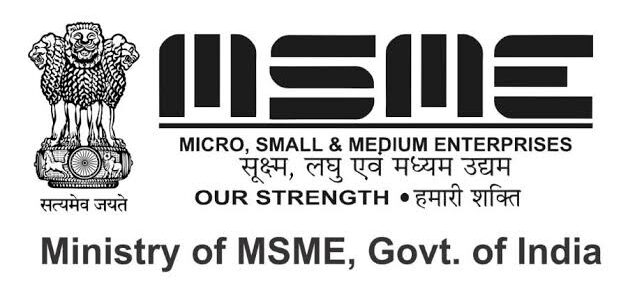ITR of NGO/Trust/Society (Returns)
Original price was: ₹25,000.00.₹22,500.00Current price is: ₹22,500.00.
The primary purpose of filing an Income Tax Return (ITR) is to declare one’s income earned during the financial year and calculate the tax liability or refund due to the taxpayer.
It serves as a means for the government to assess the taxpayer’s income, ensure compliance with tax laws, and collect revenue.
Who Needs to File ITR:
Individuals, Hindu Undivided Families (HUFs), companies, firms, and other entities earning income in India are required to file an Income Tax Return if their income exceeds the specified threshold limit.
Even if the income is below the taxable threshold, individuals may still need to file ITR to claim certain deductions, benefits, or refunds.
10000 in stock
Description
- The Income Tax Department provides different types of ITR forms, each catering to specific categories of taxpayers and types of income. These forms include ITR-1, ITR-2, ITR-3, ITR-4, ITR-5, ITR-6, and ITR-7.
- Taxpayers must choose the appropriate ITR form based on their sources of income, residential status, and other criteria.
Components of ITR:
- Personal Information: Includes details such as name, address, PAN (Permanent Account Number), Aadhaar number, and contact information.
- Income Details: Declaration of various sources of income, such as salary, business income, capital gains, rental income, and interest income.
- Deductions: Claiming deductions under various sections of the Income Tax Act, such as Section 80C (investment in tax-saving instruments), Section 80D (medical insurance premium), and Section 24 (home loan interest).
- Tax Computation: Calculation of total taxable income, deductions, tax liability, and available tax credits.
- Tax Payments: Details of taxes already paid through TDS (Tax Deducted at Source), advance tax, self-assessment tax, etc.
- Verification: Declaration and verification by the taxpayer certifying the accuracy and completeness of the information provided in the ITR.
Filing Process:
- Taxpayers can file their Income Tax Returns online through the Income Tax Department’s e-filing portal (https://www.incometaxindiaefiling.gov.in/).
- After selecting the appropriate ITR form, taxpayers must fill in the required details, upload supporting documents (if any), and submit the return electronically.
- Once the return is filed, taxpayers receive an acknowledgment (ITR-V) which should be verified and sent to the Income Tax Department within the specified timeframe.
Due Dates:
- The due date for filing Income Tax Returns varies depending on the type of taxpayer and the nature of income. Generally, the due date for individuals and HUFs is July 31st of the assessment year (unless extended by the government).
Consequences of Non-Compliance:
- Failure to file Income Tax Returns within the specified due date may attract penalties, interest, and other consequences under the Income Tax Act.
- Non-compliance can also lead to legal proceedings, scrutiny assessments, and other enforcement actions by the Income Tax Department.
In conclusion, filing Income Tax Returns is a mandatory obligation for taxpayers in India, ensuring transparency, compliance, and accountability in the taxation system. It is essential for individuals and entities to understand the ITR process, fulfill their tax obligations, and meet the deadlines to avoid any adverse repercussions.
Additional information
| Taxation | Income Tax, itr, NGO, Society, TDS refund, Trust |
|---|




















